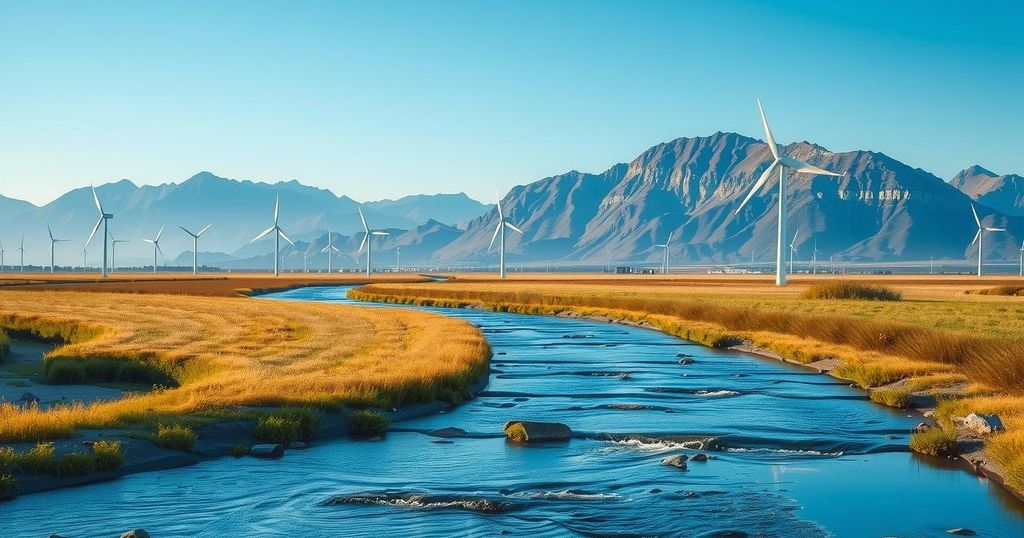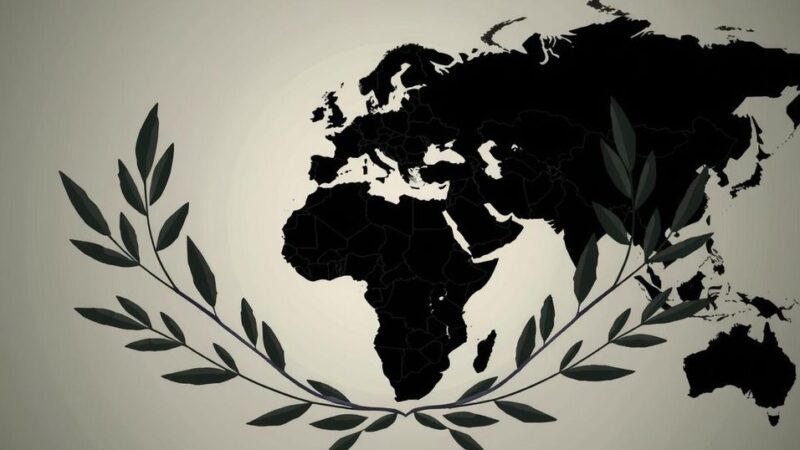As Germany approaches its February 23 elections, the debate on nuclear energy has resurfaced, led by the Christian Democrats. This shift follows the country’s decision to phase out nuclear power after the Fukushima disaster, now reconsidered due to rising energy prices and reliance on Russian gas after the Ukraine invasion.
In Berlin, the discourse surrounding nuclear energy has markedly intensified, particularly as the German electoral landscape approaches. Following a mere two years after shutting down the last nuclear reactor, the conservative Christian Democrats are advocating for a revival of nuclear power, especially ahead of the February 23 election, where they are predicted to gain significant ground.
Germany had committed to phasing out nuclear energy post the Fukushima disaster in Japan in 2011, a decision that received broad public endorsement. However, recent geopolitical shifts, notably the invasion of Ukraine by Russia, have prompted a critical reassessment of Germany’s energy strategy, highlighting a precarious reliance on Russian gas supplies.
The dramatic rise in energy prices has notably weakened Germany’s industrial position and has led companies to contemplate relocating their operations to more stable environments. Jens Spahn, the deputy parliamentary leader of the Christian Democratic Union, expressed the sentiment that, “It is in our national interest to retain the option of nuclear power,” reinforcing the party’s push toward nuclear energy in the current context.
The renewed focus on nuclear energy in Germany is a response to both economic pressures and geopolitical concerns. As the country prepares for upcoming elections, the Christian Democrats’ advocacy highlights a significant shift in energy policy discussions. The implications of this pivot could profoundly impact Germany’s future energy security and industrial competitiveness.
Original Source: www.eenews.net






